In the high-octane world of Formula 1, where drivers push their bodies and machines to the absolute limit, one often overlooked aspect is the brutal physical toll of dehydration. While fans marvel at the precision driving and daring overtakes, few realize that F1 pilots routinely lose up to 3 kilograms of body weight through sweat during a grueling Grand Prix - all while maintaining peak performance at 300 km/h.
The cockpit of a modern F1 car becomes a sauna on wheels, with temperatures regularly exceeding 50°C (122°F). Combine this with the extreme G-forces that make simply breathing a challenge, and you begin to understand why hydration becomes a critical performance factor. Unlike other sports where athletes can drink freely, F1 drivers face severe restrictions on fluid intake during the race itself.
Dr. Riccardo Ceccarelli, founder of Formula Medicine and a leading expert in driver performance, explains: "The human body wasn't designed to operate under these conditions. We're seeing core temperatures that would hospitalize most people, yet these athletes must maintain absolute focus while making split-second decisions that could mean the difference between victory and catastrophe."
During a typical two-hour race in hot conditions like Singapore or Malaysia, drivers can sweat out 2-3 liters of fluid. The weight loss isn't just water - crucial electrolytes like sodium, potassium and magnesium are depleted at alarming rates. This level of dehydration would cause severe impairment in normal circumstances, yet F1 drivers must perform like Olympic athletes while effectively running a marathon in a furnace.
The restrictions on in-race hydration stem from both practical and regulatory constraints. Current F1 cars have no room for elaborate drinking systems, with the "drink" consisting of a simple water bottle and tube mounted near the driver's mouth. More crucially, every drop of fluid adds weight to the car - in a sport where thousandths of a second count, teams carefully calculate whether the performance benefit of hydration outweighs the penalty of extra mass.
Former World Champion Jenson Button revealed the brutal reality: "You're constantly making this calculation - do I take a drink now and lose a tenth this lap, or push through the thirst knowing I might lose concentration later? In Malaysia 2011, I lost 3.5kg and could barely stand after the race, but during those two hours you just block it out."
Modern training regimens have drivers arriving at races in a state of hyperhydration, loading up on fluids in the days before the event. Some drivers use specialized hydration formulas containing electrolytes and carbohydrates to maximize fluid retention. Yet nothing can fully prepare the body for the extreme conditions of race day.
The physical effects are profound. At just 2% dehydration, cognitive function begins to decline - reaction times slow, decision-making suffers, and the risk of potentially fatal errors increases. By the time a driver reaches 3kg of weight loss (typically 4-5% of body weight for most drivers), they're operating in what would be considered a medical emergency for anyone else.
Teams employ sophisticated monitoring to track their drivers' conditions. Biometric sensors measure core temperature, heart rate variability and other markers that might indicate dangerous dehydration levels. In extreme cases, team doctors can recommend retirement from the race - though few drivers would voluntarily comply with such advice.
Mercedes team doctor Dr. Ian Roberts notes: "We walk a fine line between performance and safety. The drivers are so competitive they'll push through pain that would incapacitate others. Our job is to recognize when it crosses from tough to truly dangerous."
Interestingly, the physical demands have increased with the new generation of F1 cars. The 2022 regulations created heavier vehicles that require more physical strength to drive, while the reduced aerodynamic downforce means drivers experience even greater G-forces in corners. All this translates to even higher metabolic demands and fluid loss.
Some drivers have adapted unique strategies to cope. Seven-time World Champion Lewis Hamilton follows a strict vegan diet that he claims improves his hydration efficiency. Others like Daniel Ricciardo are known for their ability to perform well in hot conditions, a skill that's earned them the nickname "desert drivers" within the paddock.
The future may bring technological solutions. Several teams are experimenting with advanced cooling systems for both power units and drivers. There's talk of integrating more sophisticated hydration systems into the next generation of F1 cars, though weight concerns will always be a limiting factor.
For now, F1 remains one of the most physiologically demanding sports on the planet, where athletes routinely push their bodies beyond normal human limits. The next time you watch a driver celebrate on the podium, remember - that champagne shower might be the most hydration they've had in hours.
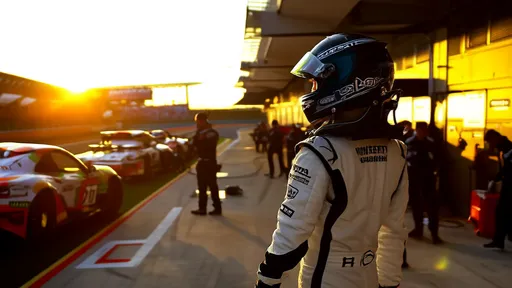
By /Jun 14, 2025

By /Jun 14, 2025
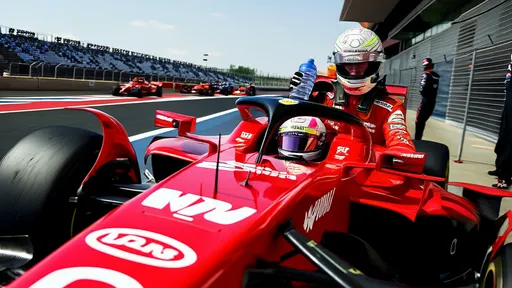
By /Jun 14, 2025

By /Jun 14, 2025

By /Jun 14, 2025

By /Jun 14, 2025

By /Jun 14, 2025

By /Jun 14, 2025

By /Jun 14, 2025

By /Jun 14, 2025

By /Jun 14, 2025
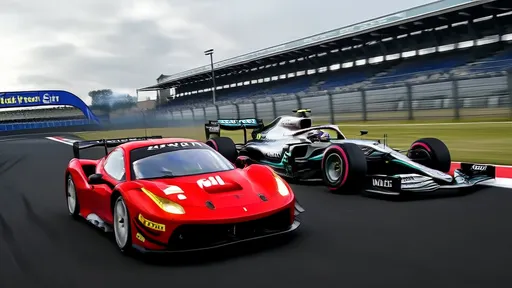
By /Jun 14, 2025
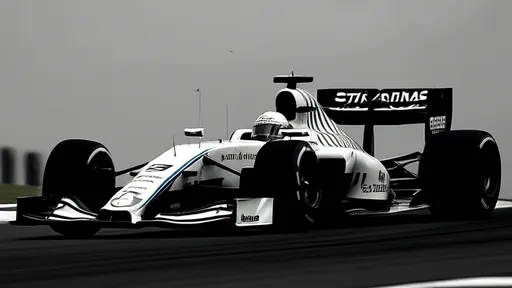
By /Jun 14, 2025

By /Jun 14, 2025

By /Jun 14, 2025

By /Jun 14, 2025
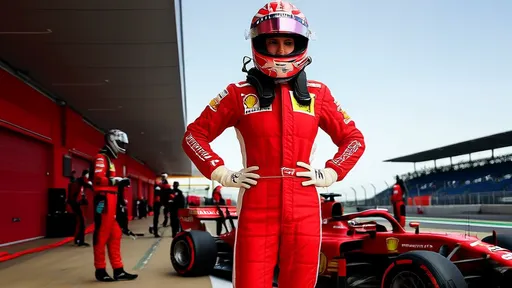
By /Jun 14, 2025